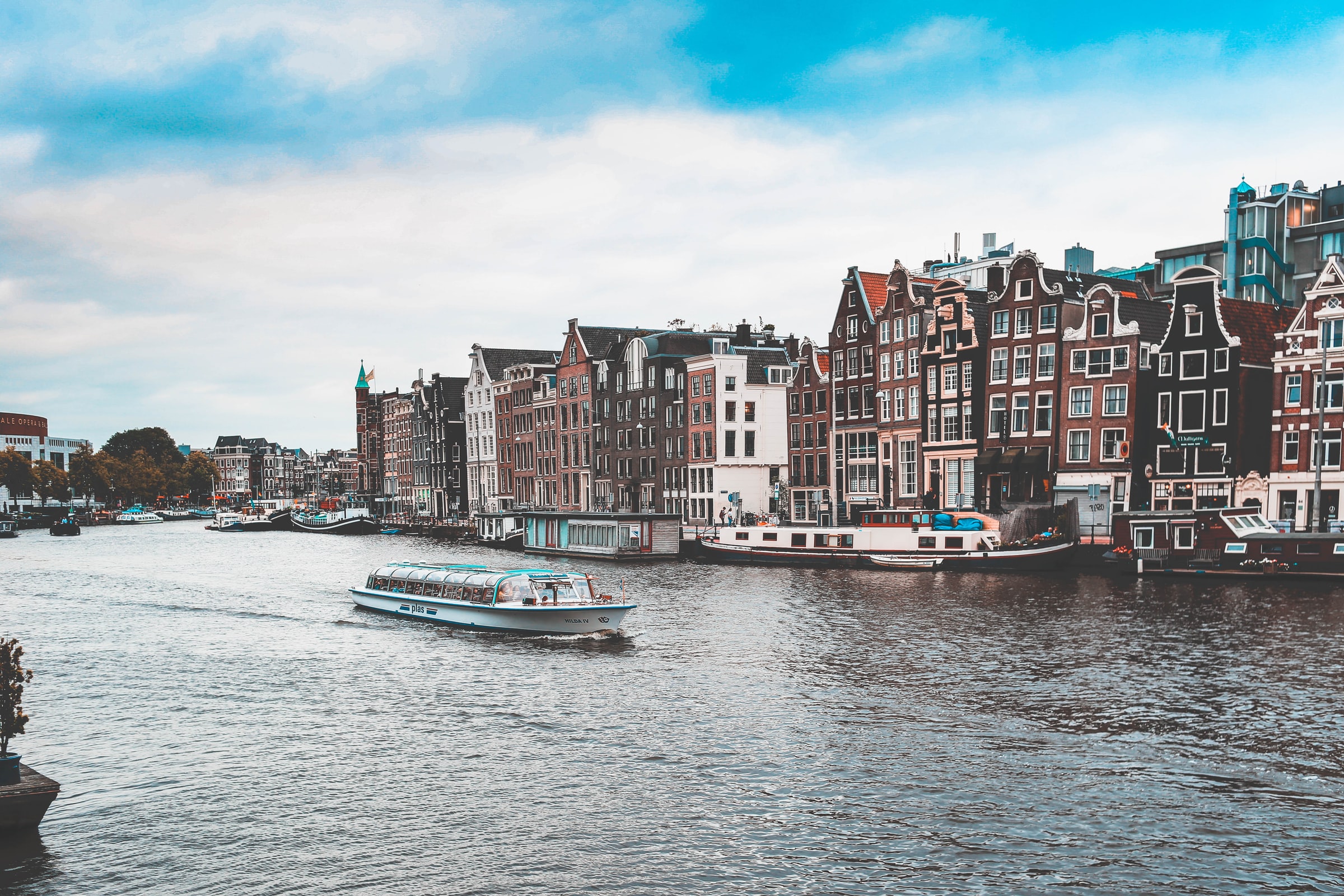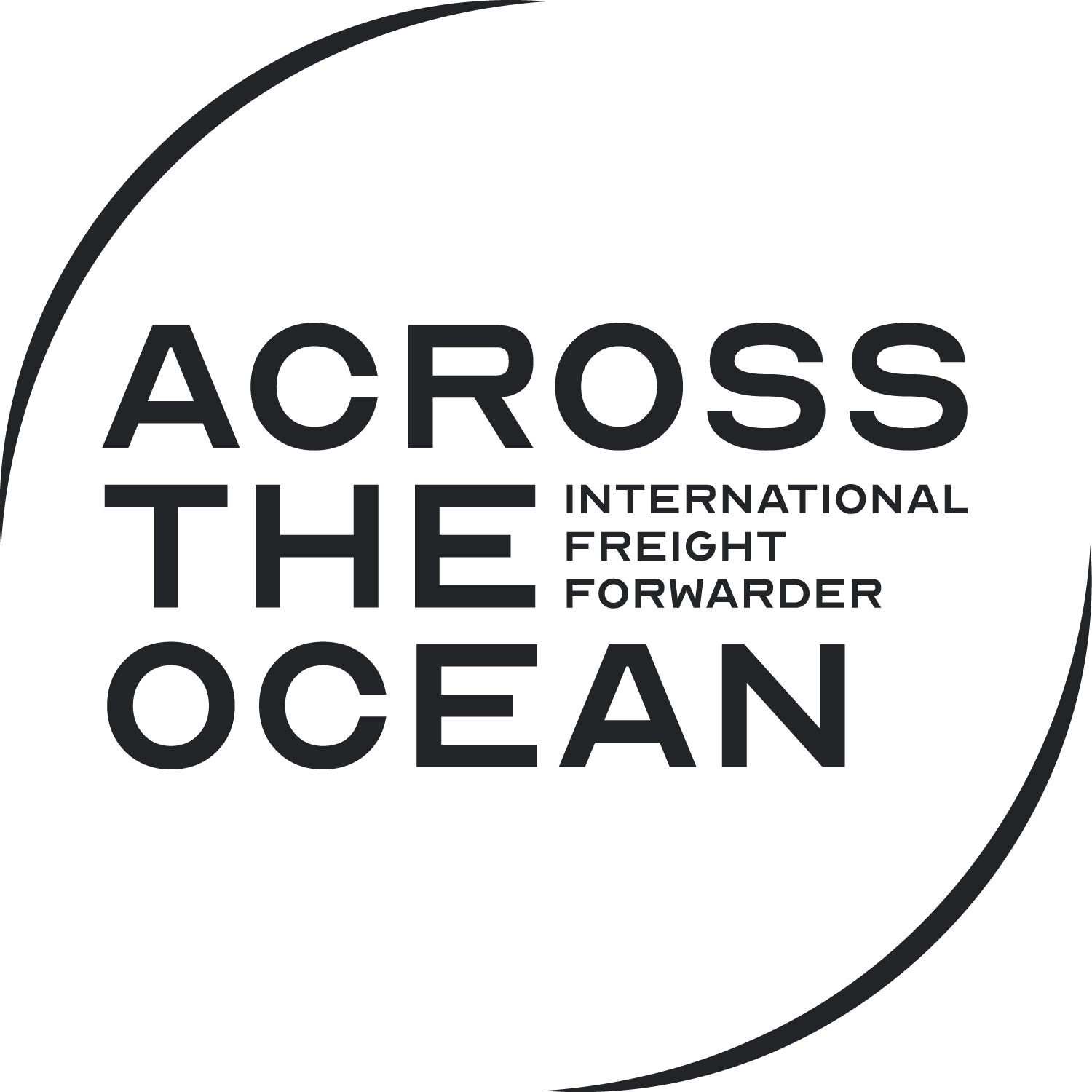
Neo Orbis: Revolutionary Solid Form Hydrogen Propulsion Vessel
Known as the Neo Orbis, a revolutionary solid form hydrogen propulsion vessel that researchers believe will pave the way for a safer and broader application of hydrogen to fuel vessels. In June 2023 trials are expected to begin on the demonstration vessel as the next phase in the multi-year European H2Ships program.
Next Generation Shipyards, based in the Netherlands, was awarded the construction contract for the Neo Orbis. The ship shall be around 65ft in length, similar to the passenger boats found in Amsterdam for sightseeing trips. The vessel shall be designed to operate both in the canal system and in the seaport between Amsterdam and Ijmuiden. If this test vessel, Neo Orbis, is a success, just imagine the implications that this could have on the shipping industry. This could be rolled out globally. Carbon emissions will drop severely benefitting the ecosystem and our future generations.
They say it will be the first ever electrically propelled ship using hydrogen in solid form as the energy carrier. The fuel is made with a stabiliser and ultrapure water, placed in an aqueous non-combustible liquid fuel. Sodium borohydride found in the fuel reacts with a catalyst. This produces hydrogen while the spent fuel is converted back to sodium borohydride. The hopes are for the engine to be a closed system, cradle-to-cradle, turning the residual materials into new sodium borohydride fuel.
The excess heat generated by the engine shall be used to heat the inside of the vessel and water will be recycled. There shall be two batteries on board which shall provide back up energy. If the concentration of hydrogen rises to a dangerous level, a system on board the vessel shall suspend the process.
The majority of the fuel on board is stored as sodium borohydride. This is much more stable than hydrogen. The ignition point is much higher than hydrogen and even diesel. It can be stored safely in many more places than hydrogen too.
This is a huge step towards Amsterdam port being emission-free by 2050. This shall be the port’s flagship project and will support the efforts of adoption of hydrogen power for inland shipping, short sea, dredging, offshore, and possibly patrol vessels and naval vessels.
The main body of this article was found on maritime-executive.com






